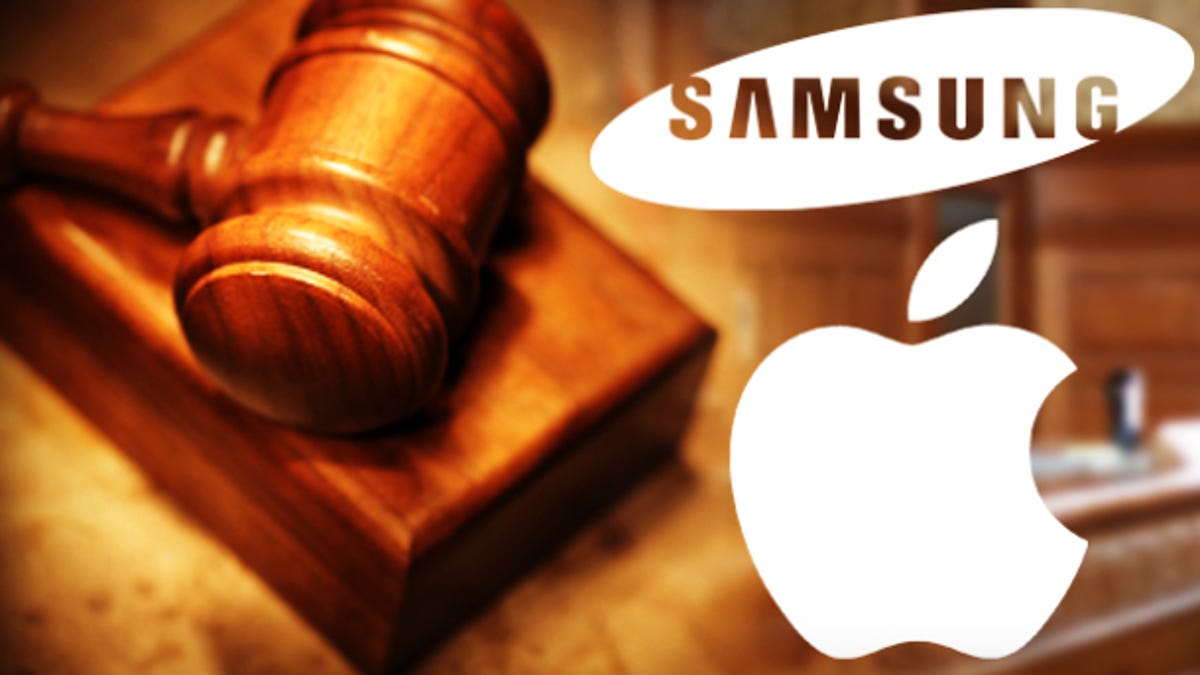Deadline looms for U.S. sales ban on older iPhones, iPads
Apple faces a ban on some of its older iDevices next week, though there's still time for a presidential pardon, as it were.

The clock is ticking ahead of next week's sales ban on older models of Apple's iPhone and iPad in the U.S.
Come Monday, Apple will be unable to import or sell the iPhones prior to the iPhone 4S made for AT&T's network, nor the 3G-enabled versions of the iPad 1 and 2 in the U.S. as part of a final decision by the U.S. International Trade Commission in early June.
As part of the laws around the ITC's decision, President Obama can step in and intervene on the ruling, effectively bailing out Apple and reversing the decision, though legal experts believe there's little chance of that happening.
"He's in a no-win situation if he does anything," said Susan Kohn Ross, a partner at Mitchell Silberberg & Knupp in Los Angeles. "If he steps in and overrules the ITC, he will incredibly tick off the Koreans."
That could spread to myriad other international companies that also have businesses in the U.S., who may view an intervention as favoritism, or worse -- attract criticism about a lack of attention to more wide-reaching issues, Ross said.
Even if Obama leaves it alone and the deadline passes without a veto, Apple still has options. It's already filed paperwork with the U.S. Court of Appeals for the Federal Circuit in order to reverse the ruling and hasfiled a request with the ITCto keep the ban from going into effect. If both efforts fail, Apple could continue to bring at least some devices into the country.
"[Apple] may try to get a lot of the product into the country before the exclusion order goes into effect," said Gregory Corbett, a shareholder with Wolf Greenfield's litigation group. "Apple can also bring in some amount for repair and replacement purposes, as well as for refurbishment."
There's also no ignoring the fact that the devices in question are on the verge of being replaced with new models. That could be a pair of new iPhones this year, with rumors flying Apple's working on both a new high-end model to replace the iPhone 5, as well as a lower-cost modelcalled the "iPhone 5C" that might replace 2011's aging iPhone 4S. The same goes for the iPad models, with Apple expected to introduce a new iteration in the fall, pushing the iPad 2 out of the lineup.
While Apple's devices have long since been replaced by newer models, the victory for Samsung -- which filed the complaint against Apple over patent infringement two years ago -- is meaningful. In last year's nearly month long U.S. trial, which dealt with some of the same devices, a California jury sided with Apple and left Samsung on the hook for more than $1 billion in damages. That number's since been reduced, and will be reevaluated in yet another trial this November, but it was still a loss for Samsung.
Already some politicians and at least one representative from a major technology company have weighed in on the matter. Late last month it was Randal Milch, Verizon's vice president of public policy and general counsel, who in an op-ed in the Wall Street Journal made the case that a presidential intervention might trim the growing number of intellectual property cases filed with the ITC and keep from "clogging" its docket. That was followed by a letter to U.S. Trade Representative Michael Froman by four U.S. senators, urging a review and suggesting that there could be long-term fallout from this decision.
Those suggestions are notable given that there hasn't been a presidential intervention in an ITC decision since 1987. That case also involved tech companies including Sharp, Toshiba, NEC and Samsung, and was filed by Texas Instruments. Though instead of wireless technology, the focus was memory chips. Before that, sitting presidents only disapproved of the decision in four other cases.
Taking a step back, this latest case between Samsung and Apple is more high profile than most, but perhaps not the most threatening to consumers. The legal spat between Broadcom and Qualcomm that began nearly a decade ago centered on just two patents, but had a much broader impact on the mobile device landscape. "Nearly half of all cell phones were threatened by that," Corbett noted. The two companies agreed to settle in early 2009, following what was an ugly, four-year spat.
The official end of the presidential review period is Sunday. Any decision from the Obama administration could arrive before that date.

